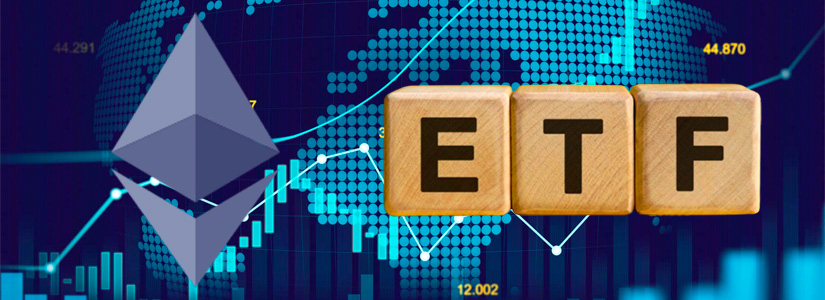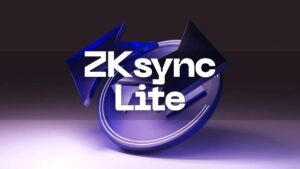TL;DR
- Approval Process: The U.S. Securities and Exchange Commission (SEC) is reviewing the 19b-4 filings and S-1 registration statements necessary for the Ethereum (ETH) ETF to be traded on stock exchanges.
- SEC’s Role: SEC’s approval is crucial for the ETF’s legality, with a decision timeframe of up to 240 days, although the initial review is 45 days. Approval of 19b-4 filings allows listing on exchanges, but S-1 approval is needed for sale to investors.
- Potential Outcomes: Approval could lead to Ethereum’s mainstream adoption and a secure investment option, while delay or denial could signify regulatory concerns over cryptocurrency stability and security.
With the decision on the approval of a spot Ethereum (ETH) Exchange-Traded Fund (ETF) looming this week, the cryptocurrency community is on edge. Nate Geraci, President of the ETF Store, has provided insights into what the outcomes might be.
SEC decision deadline this week on spot eth ETFs…
SEC must approve both the 19b-4s (exchange rule changes) & S-1s (registration statements) for ETFs to launch.
Technically possible for SEC to approve 19b-4s & then slow play S-1s (esp given reported lack of engagement here).— Nate Geraci (@NateGeraci) May 19, 2024
The approval process is contingent on the U.S. Securities and Exchange Commission’s (SEC) clearance of both the 19b-4 filings and the S-1 registration statements.
Understanding the Approval Process
The spot Ethereum ETF, which will hold Ether as its underlying asset, requires the SEC’s approval to be traded on stock exchanges like any other stock.
The 19b-4 filings are submissions by national securities exchanges, such as the NYSE or Nasdaq, to the SEC when they want to introduce new products or change rules.
The S-1 registration form is a detailed document that provides information about the company’s operations, financial condition, and management, which is essential for new securities offered to the public.
The Significance of SEC’s Approval

The SEC’s approval is mandatory for the ETFs to be legally sold to the public. Typically, the SEC has up to 240 days to make a decision on the 19b-4 filings, although the initial timeframe is 45 days. If the 19b-4s are approved, the ETFs can be listed on exchanges; however, without the S-1s’ approval, they cannot be sold to investors.
Potential Delay For Ethereum (ETH) ETF
Despite the possibility of the 19b-4s being approved, the SEC might delay the approval of the S-1s. This could be due to a cautious approach by the regulator, considering the complexities and risks associated with cryptocurrency products. The lack of engagement between the issuers and the SEC also suggests a potential for a more extended review process.
Impact of the Decision
The outcome of the SEC’s decision is pivotal. Approval could lead to mainstream adoption of Ethereum and provide a regulated and secure investment avenue for cryptocurrency enthusiasts.
On the other hand, a delay or denial could reflect ongoing regulatory concerns over the stability and security of cryptocurrency investments. As anticipation builds, Ethereum’s price has seen a bounce back to $3,100 over the past weekend, indicating the market’s reaction to the pending decision.










